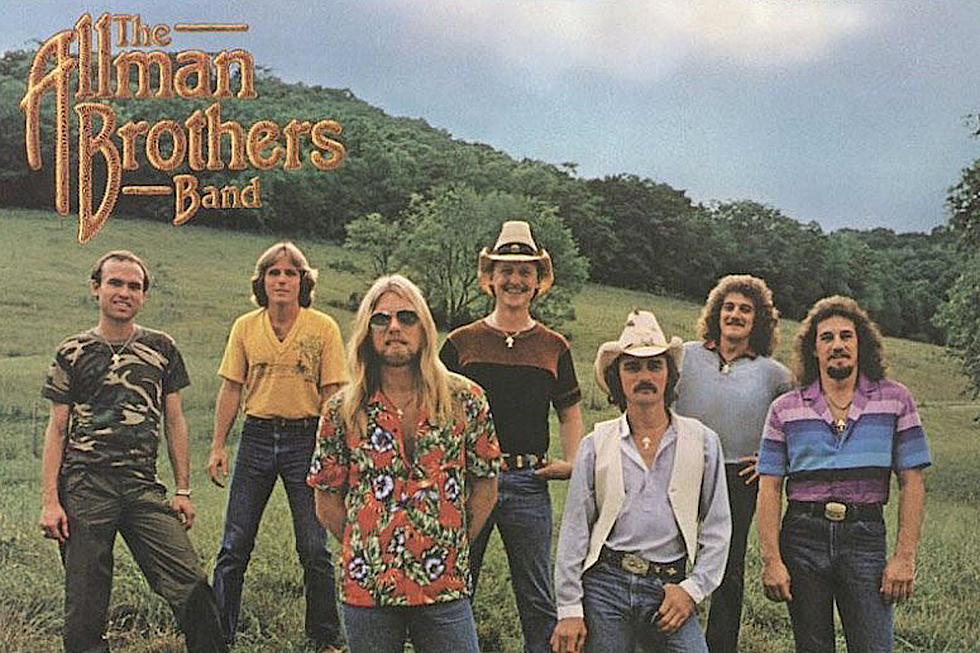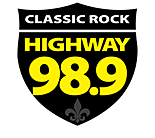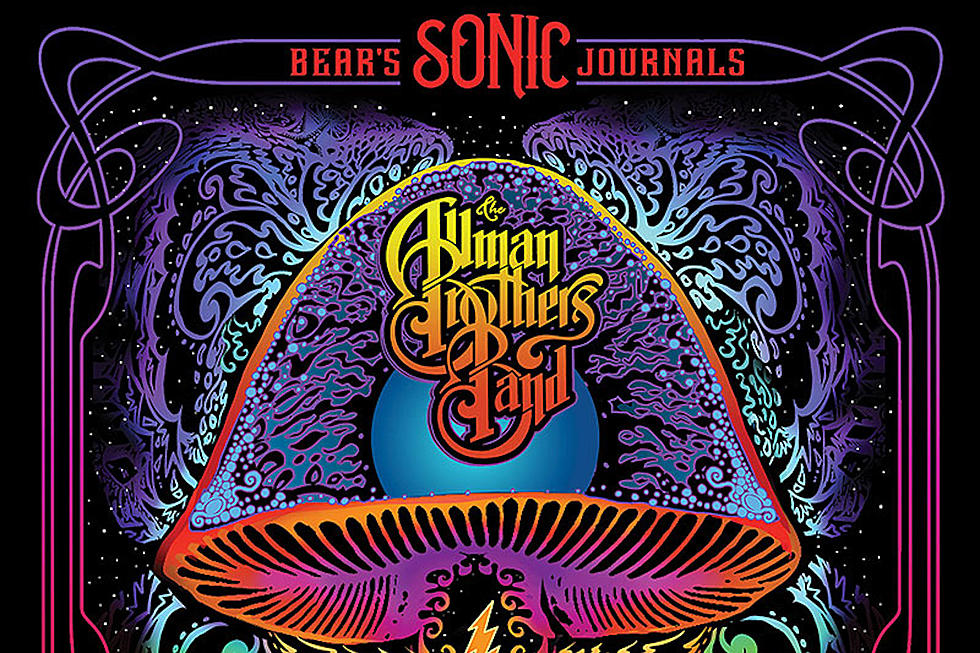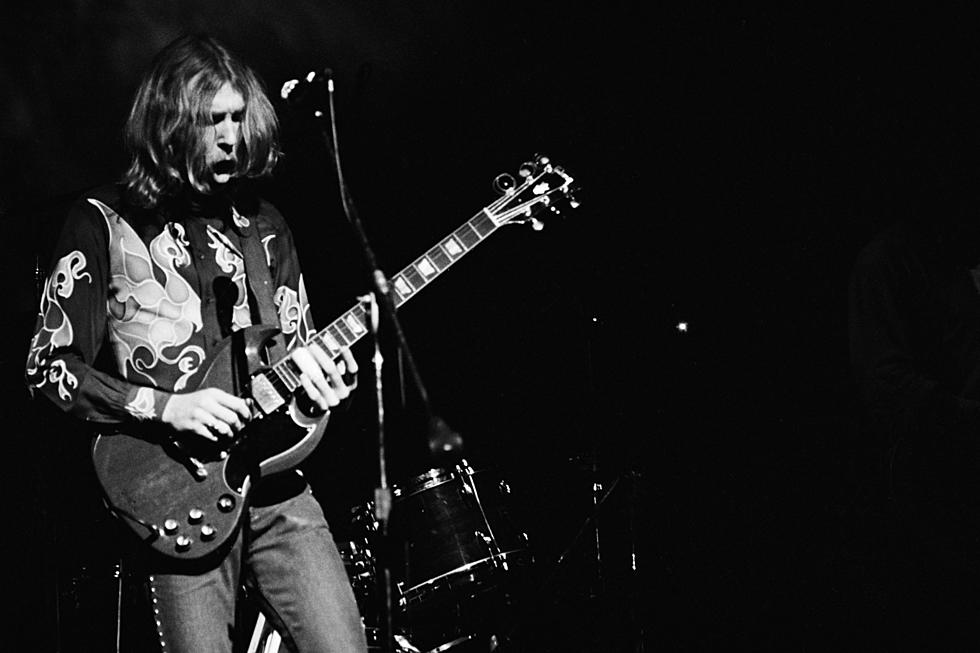
How the Allman Brothers Imploded, Again, With ‘Brothers of the Road’
The Allman Brothers Band broke up again after Brothers of the Road, to some degree, because the times didn't suit them anymore.
"The '80s saw the onslaught of electronic music — synthesizers, electric drums, disco, all that bullshit — and our kind of music just fell by the wayside," Gregg Allman said in 2012's My Cross to Bear. "That decade wasn't worth a shit musically. There was hardly anybody playing live music, and those who did were doing it for not much money, in front of some die-hard old hippies in real small clubs."
They'd reunited after the band's first split in 1979, then signed with Clive Davis' Arista Records as the decade got underway. The label promptly began trying to polish these shaggy jam guys into something more era-specific. Brothers of the Road, released in August 1981, paired the Allman Brothers Band with a name producer in John Ryan (Styx, the Doobie Brothers). Cowriters were brought in to make the songs more bankable, and the sessions included a synth player. He even had a keytar.
The Allmans got booked into frankly inappropriate settings to promote the album, but lip-syncing on TV's Solid Gold was how songs got sold back then. Arista even discouraged the group from mentioning Southern rock or wearing cowboy hats, according to Dickey Betts. And it worked: "Straight From the Heart," a too-sleek Betts cowrite, ended up becoming the group's final Top 40 hit.
Betts felt something important was being lost along the way. "We recorded it one way, and the producers mixed it another way," he later lamented. "It turned into this awful pop album."
In truth, however, the Allman Brothers Band were missing the camaraderie of their past incarnations and certainly a vision for the future. They would have split again in any era.
A distraught Allman subsequently summed up this entire direction-less period as "embarrassing." He took to self-medication, specifically in the form of gallons of vodka.
Listen to the Allman Brothers Band's 'Straight From the Heart'
"We did two insipid albums on Arista — [1980's] Reach for the Sky and Brothers of the Road — and you won't find a copy in this house, and I doubt that any of the other guys have those records either," Allman said in My Cross to Bear. "It was like a whole different band made those records. We had background singers, songwriters, synthesizers — fuck me, man. In truth, though, I was just too drunk most of the time to care one way or the other. After [1979's] Enlightened Rogues, I just fell off the deep end.
"Before then, my drinking and drug use had been more or less in check," he added. "I'd have my bad days, but most were pretty good. By the early '80s, those good days were hard to come by. I was drinking a minimum of a fifth of vodka a day, and even though I knew things had gotten out of hand, it didn't feel like there was a damn thing I could do about it."
The group was also attempting to move forward without another key piece, after Betts fired its affable second drummer Jai Johanny "Jaimoe" Johanson following a petty disagreement. Jaimoe's presence, both musically and temperamentally, was badly needed.
The results – save for the classic put-down song "Things You Used to Do," the only moment of almost-brilliance on Brothers of the Road – were utterly regrettable. They were basically finished again.
"I think Enlightened Rogues is a good album, but the way I feel is, from that point on it gradually was less fire and less inspiration," Betts told writer John Swenson. "By the time we got around to Brothers of the Road, you could tell that whatever it was we had was over."
Davis reportedly rejected a request to return to work with classic-era producer Tom Dowd on a proposed third album for Arista, but it's doubtful that even that would have saved them at this point.
"Clive Davis destroyed any hope that we had that we could make the thing work again," Betts said in Alan Paul's One Way Out: The Inside History of the Allman Brothers Band. "We compromised and tried to write hit songs, and wound up with the two worst records we ever did. They were a huge embarrassment."
Listen to the Allman Brothers Band's 'Things You Used to Do'
The group never officially announced its split, but Allman had already started working with turn-of-the-'80s Allmans guitarist Dan Toler on a solo project. The Allman Brothers Band's final appearance during this era was part of the Jan. 23, 1982, episode of Saturday Night Live, where they offered lifeless renditions of "Midnight Rider" and "Leavin'."
"When the Allman Brothers Band broke up in January of 1982, we started this band that very same day," Toler told Swenson. "Gregg and I had already written songs together. We wrote 'Lead Me On' [which later appeared on Allman's 1987 album I'm No Angel] together in '81. We didn't get any recognition from the others in the band for it, but we knew we had something going there, so we went ahead and pursued it."
Betts moved forward, too, but without a record deal. "I was approached by some of the good smaller blues labels but didn't want to do a traditional urban blues album – so I kind of survived through the low period," Betts told Swenson. "This style of music that we play had to sort of take a back seat and was overshadowed. Rock 'n' roll is a trendy music, and the trend kind of went away from the blues-based sound, especially Southern rock. There was a lot of disco-type rock 'n' roll coming out, and I just didn't fit into it very well. I made some attempts to compromise, and it didn't work."
The Allman Brothers Band wouldn't put out another album together until 1990's Seven Turns, and by then bassist David Goldflies, Dan Toler and drummer David Toler were out of the lineup. Jaimoe returned and remained with the group until their final retirement in 2014.
Betts, on the other hand, was gone before they released 2003's Hittin' the Note. "He certainly didn't have much finesse when it came to dealing with people," Allman said of Betts in My Cross to Bear. "He's just not a natural leader, and firing Jaimoe was the prime example of that.
"Now, the Allman Brothers have had our share of conflict over the years," Allman added. "Hell, show me a band that's been around as long as we have that hasn't fought. But one of the real blights on the history of the Allman Brothers Band was that Jaimoe, this gentle man, was fired from this organization. The thought of that makes me want to throw up, but sadly I was too drunk to put a stop to it before it happened."
Top 25 Southern Rock Albums
Tedeschi Trucks Band Discuss Their Influences





